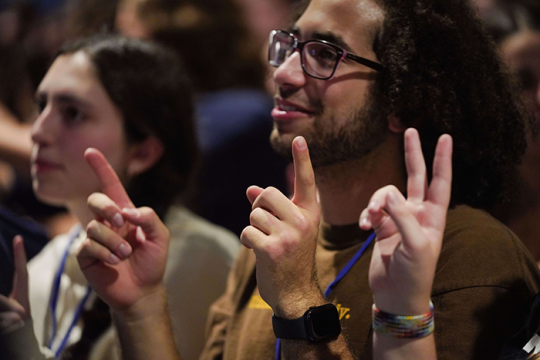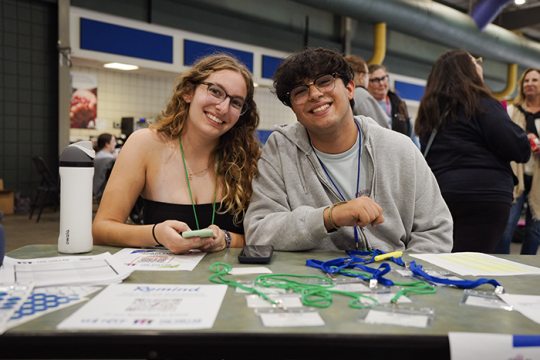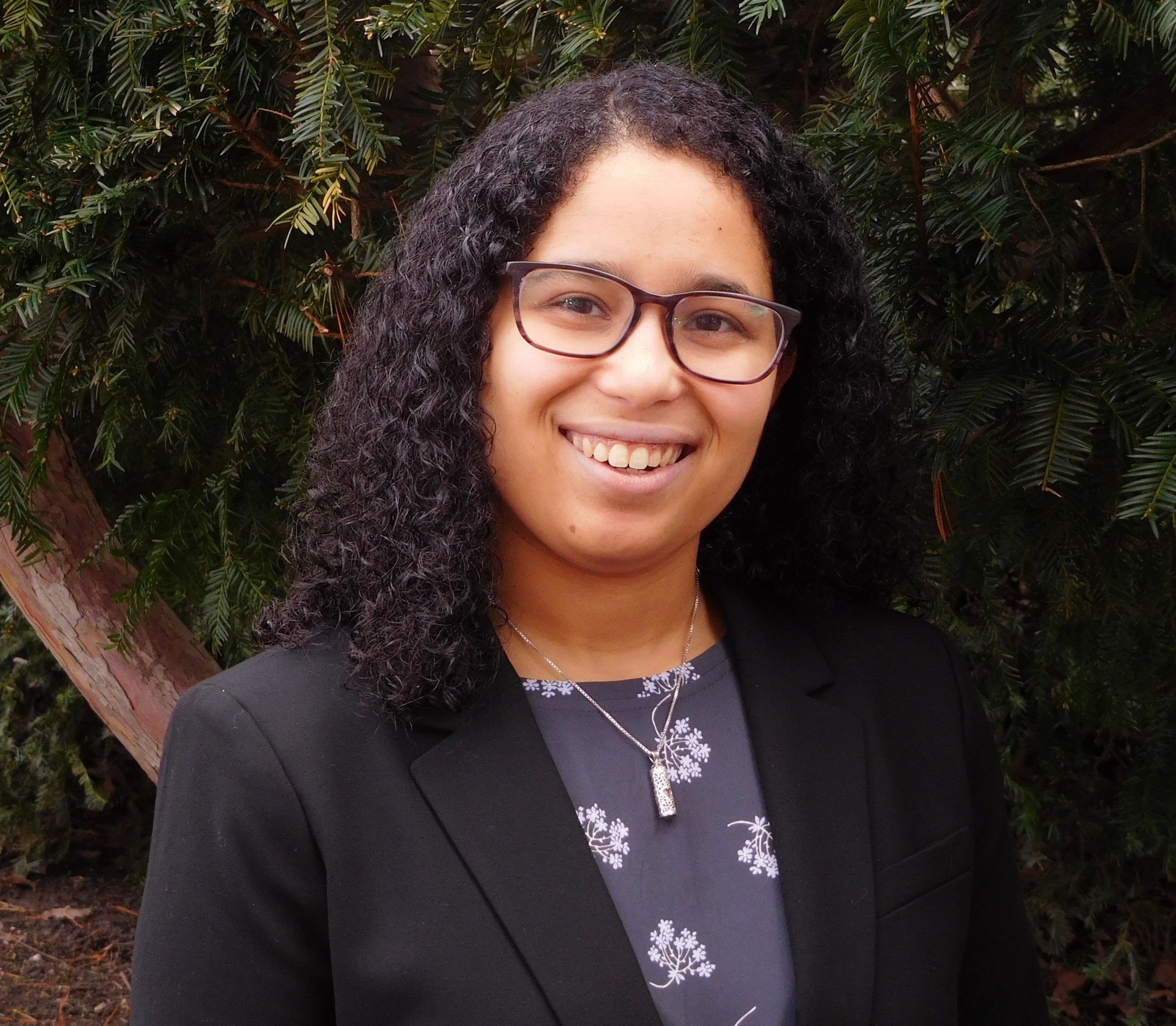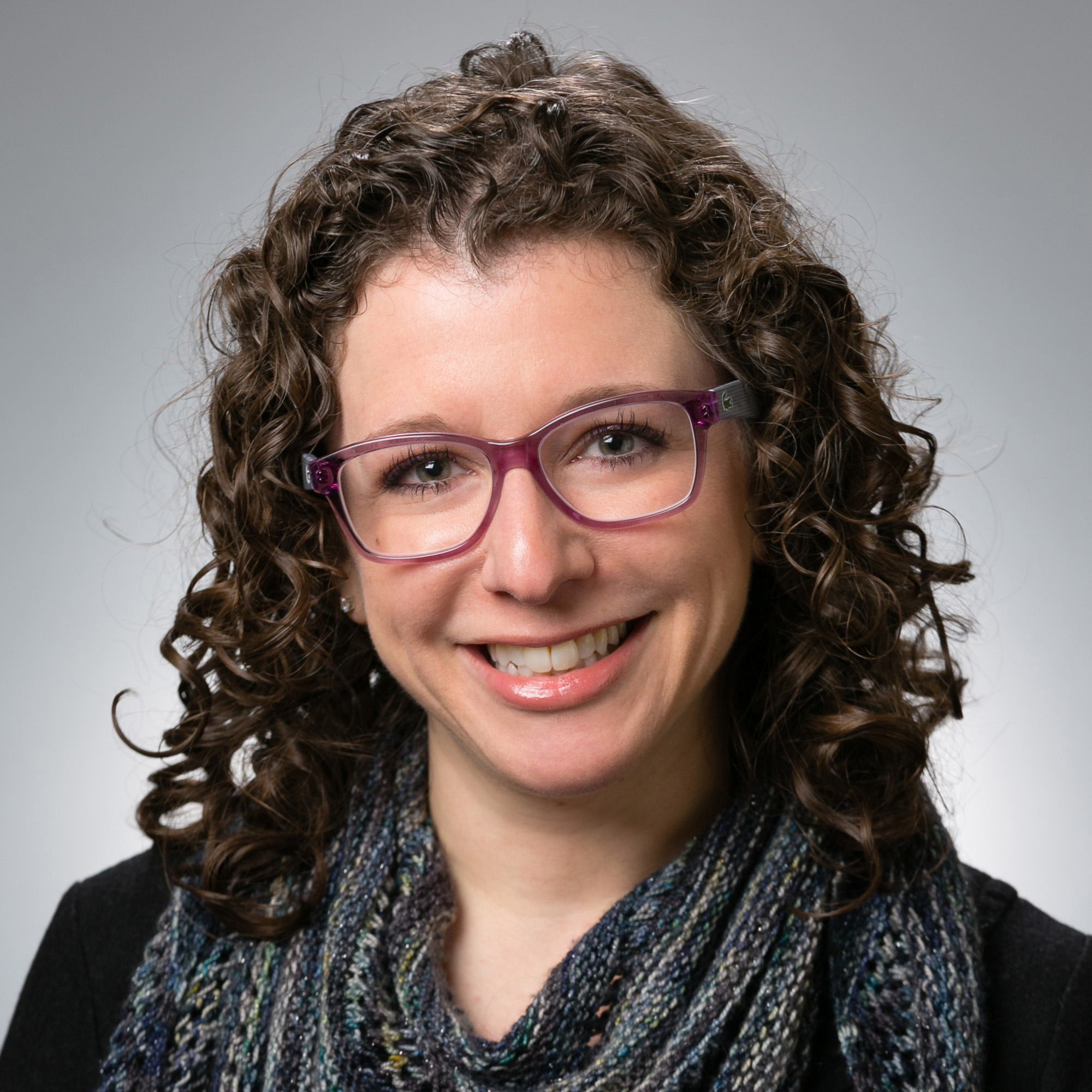
How are teens really doing? In the spring of 2024, BeWell, the mental health and wellness initiative of the Jewish Federations of North American (JFNA), in partnership with the Network of Jewish Human Service Agencies (The Network), conducted the first national study of American Jewish teenagers to explore how their communal involvement, interpersonal connections, and perceptions of themselves as Jews relate to their overall wellbeing. You can download the full report through BeWell or view data specific to the URJ’s youth programs.
The study found teens’ sense of well-being was most strongly connected to the personal importance they placed on being Jewish. Relationships are central to these findings – connections teens build while participating in Jewish programming are paramount. The teens surveyed also shared that they feel most comfortable being their full selves with their Jewish friends at Jewish summer camps, followed by being with their friends at synagogue and Jewish teen programs. Participating in Jewish programming correlated to increased optimism.
While being Jewish enriches teens’ lives, it also brings heightened awareness of antisemitism, the aftermath of October 7, and the current war in Israel and Gaza. Jewish teens are not only bearing the burden that comes from being Jewish today, but also the universal challenges of being a teen. Additionally, the teens who were surveyed shared that they feel ill-equipped to engage in challenging conversations about current events and their personal experiences of being Jewish. Notably, they also reported that they rarely seek guidance from Jewish professionals and often feel adults don’t fully understand their challenges.
Jewish community professionals have a unique opportunity to support teens and families as they deal with the stressors of being North American Jewish teens in 2025. We can continue to build communities of belonging where teens know they can show up as their full selves. Jewish community leaders can also provide more spaces to explore challenging issues and work to accommodate the developmental realities of being a teenager – including giving teens opportunities to think deeply and consider various viewpoints when addressing an issue. Take a look at the URJ’s Talk for a Change materials for help getting these conversations off the ground.
While teens may not ask for help, knowing there are adults who care about them is a protective factor. Protective factors are things that lower the likelihood of negative outcomes or reduce a risk factor’s impact. Engaging in Jewish life provides important protective factors that are built into Jewish culture and practices which support resilience, help people more effectively manage stressful events, and strengthen other characteristics that minimize the risk of mental illness or addiction.
Another protective factor is having Jewish friends. There are many spaces in the Reform ecosystem where teens have opportunities to build meaningful friendships: summer camp, congregational and youth group programs, NFTY experiences, and annual teen travel opportunities like L’Taken and Yallah! Israel. Data from the BeWell survey shows that teens who are involved in a variety of Jewish experiences have more spaces where they can connect with other Jewish teens and are more comfortable showing up as their full selves.
Notably, the study also showed a very high correlation between the importance teens place on their Jewish identity and engagement, and their perception of Judaism’s importance to their families. Second only to their friends, parents are a main source of support when teens need advice. The work we do to support teens does not happen in a vacuum. We also bolster teen mental health when we provide opportunities for Jewish family engagement and help parents effectively support their teens through navigating stress and developing healthy coping mechanisms.
The data from the BeWell study affirms how the URJ is already tending to teen wellbeing in camps, NFTY and the RAC while challenging us to think about what can be changed or added. Together, we can consider how URJ and congregational offerings work in tandem to bolster Jewish teen wellbeing.
Are you interested in digging deeper? There are a variety of opportunities to discover how this information can be used in your community! Join us as we discuss these findings in more depth and brainstorm next steps your community can take to support our teens’ mental health with Beth Lipschutz, MSW; Rabbi Isaama Goldstein-Stoll; and Rachel Margolis, RJE. Sign up to join the conversation and support the teens in your community!
Webinar: How are Reform Teens Really Doing?
Thursday, April 3 | 7:00 p.m. EDT
Register Now
Webinar: How are Reform Teens Really Doing?
Wednesday, April 9 | 2:00 p.m. EDT
Register Now
Related Posts

Wisdom Across Generations: Leading for Tomorrow

Leadership Boot Camp: A Clean Page, Infinite Possibilities




